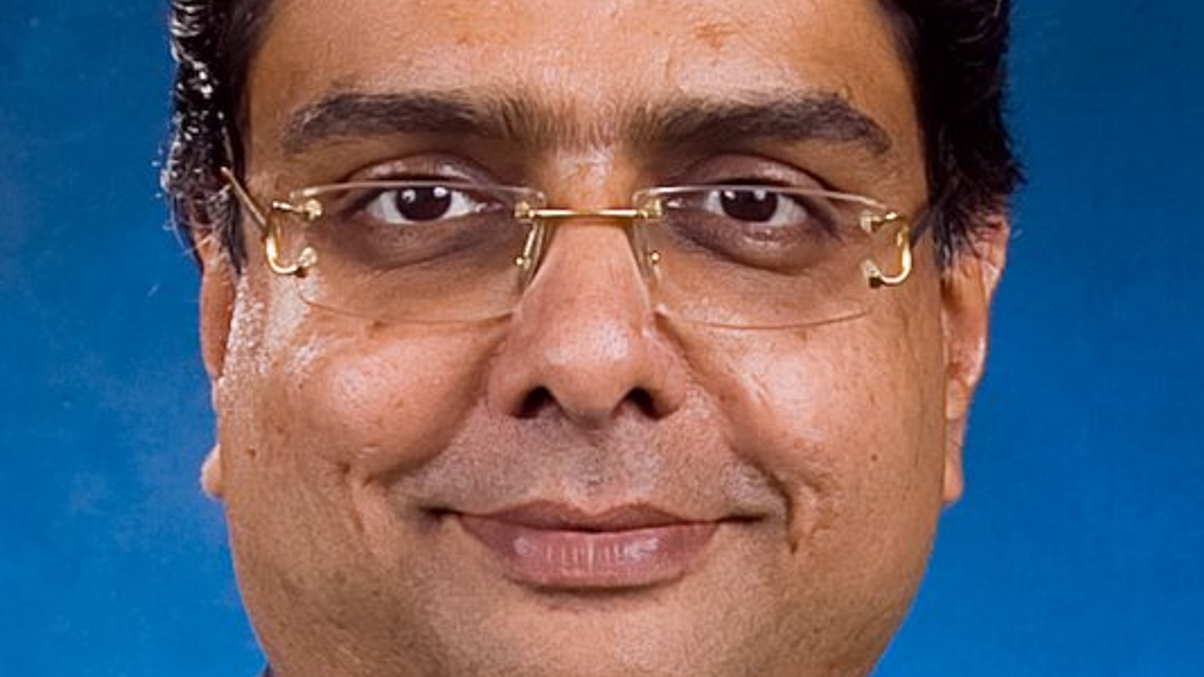Avendus poaches more execs, plans SE Asia office
The Indian financial services firm has assembled an experienced wealth-management team and is targeting non-resident Indian clients worldwide.

Yet another firm new to the private-wealth scene in Asia has been readying itself to compete for business, both on its home turf in India and in the UK and US.
Sign in to read on!
Registered users get 2 free articles in 30 days.
Subscribers have full unlimited access to AsianInvestor
Not signed up? New users get 2 free articles per month, plus a 7-day unlimited free trial.
¬ Haymarket Media Limited. All rights reserved.


